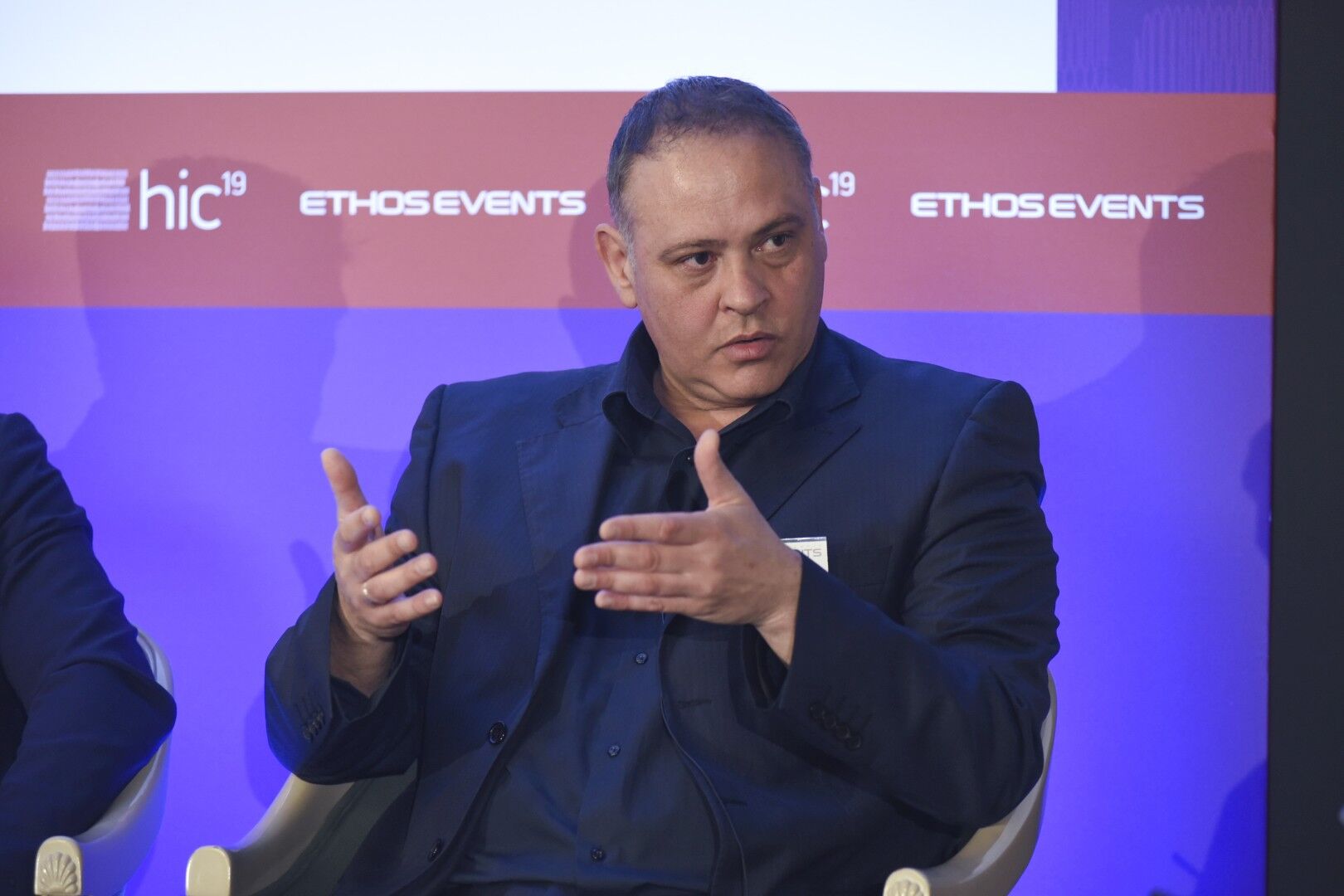The project IntelTriage was presented by the President of the WHO at the 3rd Health Innovation Conference in Athens. The full title of the project is “Intelligent A&E and Hospital Clinics System for Medical Triage”, is implemented by the collaborator of AfIC, VIDAVO in cooperation with INBIS, University of Piraeus and the Aristotle University of Thessaloniki. According to POEDIN, the screening and monitoring of patients on general, on-call days in both Emergency departments and clinics in Greek hospitals is difficult, poorly organized and seriously understaffed. What is impressive though is that only the AHEPA hospital in Thessaloniki is using the 5 level ESI (Emergency Severity Index) algorithm to suggest a safe diagnosis and to prioritize hospital admission of patients. Level 3 concerns patients who are in a stable clinical picture but require many in-hospital resources (specialized examinations) to extract a safe diagnosis and prioritize their entry into the hospital. In a public hospital the waiting time for carrying out laboratory examinations, getting the results and clinical assessment can be as long as 7 hours. It has been observed that during this time there are several fatal incidents in this patient class and the IntelTriage system will support just this patient class since it is designed to support 6 subsystems for (1) the continuous receipt of vital biological signals via Wearable Biosensors for Blood Pressure, Oxygen Saturation, Breathing, Heart Rate (2) patient tracking in the hospital (3) support of clinical decisions (4) medical knowledge transfer (5) management of waiting times and (6) interoperability with other health information systems (medical file etc). It will be interesting to see how many lives are “saved” by using this intervention and at what cost.
Presentation of the IntelTriage project at the 3rd Health Innovation Conference in Athens

